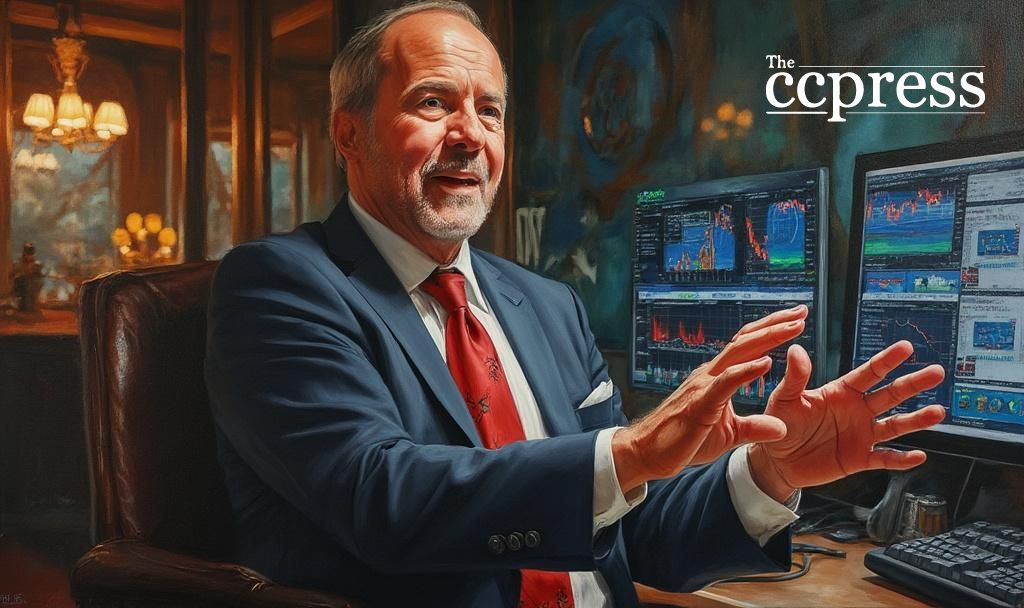- UK tightens visa requirements for skilled workers, affecting technology and finance sectors.
- Minimum salary for Skilled Worker visas increases by 47.7%.
- Removal of salary discounts impacts sectors reliant on global talent.

The upcoming visa changes matter as they will reshape the UK’s workforce landscape, affecting tech and finance sectors significantly. This prioritizes local employment amidst global talent demands.
Visa Restrictions Target Skilled Workers
The UK government has introduced new visa restrictions aimed at reducing net migration. The changes include a substantial increase in the minimum salary threshold for Skilled Worker visas, rising from £26,200 to £38,700, a 47.7% increase.
Under Prime Minister Rishi Sunak, the administration has formally confirmed these changes aiming to tighten controls on visa categories, which has been a longstanding goal of the Conservative government. This follows political pressure to limit immigration numbers.
Impact on Technology and Finance Sectors
Industries such as technology and finance are likely to face challenges due to more restrictive visa policies, which may limit access to international talent crucial for their operations. The removal of salary discounts for shortage occupations highlights this impact.
“The increase in the minimum salary threshold for Skilled Worker visas underscores our strategy to prioritize highly skilled professionals while reducing immigration numbers overall,” commented a Home Office Spokesperson. The new immigration policy is expected to have significant economic implications, potentially altering the UK’s appeal as a global work destination. This policy adjustment could influence the influx of skilled professionals into essential sectors.
Stricter Post-Brexit Immigration Controls
These changes align with broader trends in post-Brexit UK policy, emphasizing stricter immigration controls. The increased scrutiny includes enhanced checks for applicants from specific countries and more frequent in-person interviews.
Historical precedents suggest that such policy shifts might lead to short-term talent shortages. This could affect the blockchain and cryptocurrency sectors, which rely on global talent. Past experiences indicate potential delays in cutting-edge technology adaptation.
| Disclaimer: The content on The CCPress is provided for informational purposes only and should not be considered financial or investment advice. Cryptocurrency investments carry inherent risks. Please consult a qualified financial advisor before making any investment decisions. |






























